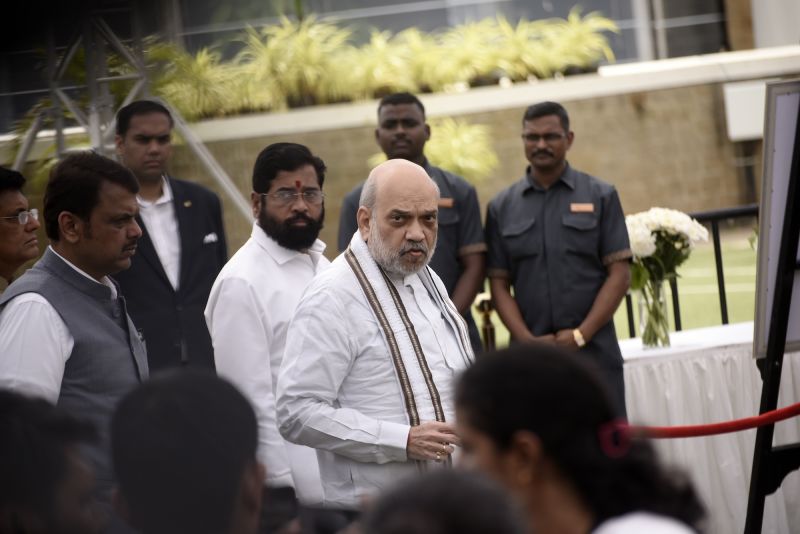
Under Fire: Canada Accuses Indian Minister of Orchestrating Sikh Separatist Campaign
The recent allegations made by the Canadian government against an Indian minister, accusing him of ordering a campaign targeting Sikh separatists, have sparked controversy and raised concerns across both countries. This accusation has further strained the already delicate relationship between India and Canada, with diplomatic channels being tested under the weight of these serious claims.
The alleged campaign, according to the Canadian authorities, was intended to undermine the Sikh separatist movement and disrupt their activities worldwide. It is reported that the Indian minister in question played a central role in orchestrating these efforts, which included attempts to discredit prominent Sikh leaders and organizations advocating for an independent Sikh state.
The Sikh separatist movement has a long and complex history, rooted in the struggles of the Sikh community for self-determination and autonomy. While some Sikh groups have resorted to violence in the past, the majority of Sikhs worldwide advocate for peaceful means to address their grievances and seek recognition for their distinct identity.
The allegations made by Canada have brought to light the ongoing tensions between the Indian government and the Sikh community, both within India and the diaspora. The Sikh population in Canada plays a significant role in shaping political discourse and activism related to Sikh issues, with many advocating for greater recognition of Sikh rights and autonomy.
In response to the accusations, the Indian government has vehemently denied any involvement in the alleged campaign and has described the claims as baseless and politically motivated. India has emphasized its commitment to upholding the principles of democracy and respecting the rights of all its citizens, including those belonging to minority communities such as Sikhs.
The accusations made by Canada against the Indian minister have raised questions about the extent of interference in the affairs of other countries and the implications for diplomatic relations between nations. The use of covert campaigns to target specific groups or individuals can have far-reaching consequences, not only on bilateral relations but also on the affected communities and their rights to freedom of expression and association.
It is crucial for both India and Canada to address these allegations through transparent and diplomatic channels, with a focus on finding common ground and fostering mutual understanding. The rights of minority communities, including Sikhs, must be respected, and any attempts to undermine their legitimate aspirations addressed through peaceful and democratic means.
As this situation continues to unfold, it is essential for both countries to engage in open and constructive dialogue to build trust and avoid further escalation of tensions. The allegations made by Canada against the Indian minister underscore the complexity of international relations and the importance of upholding democratic values and human rights in all aspects of governance.
